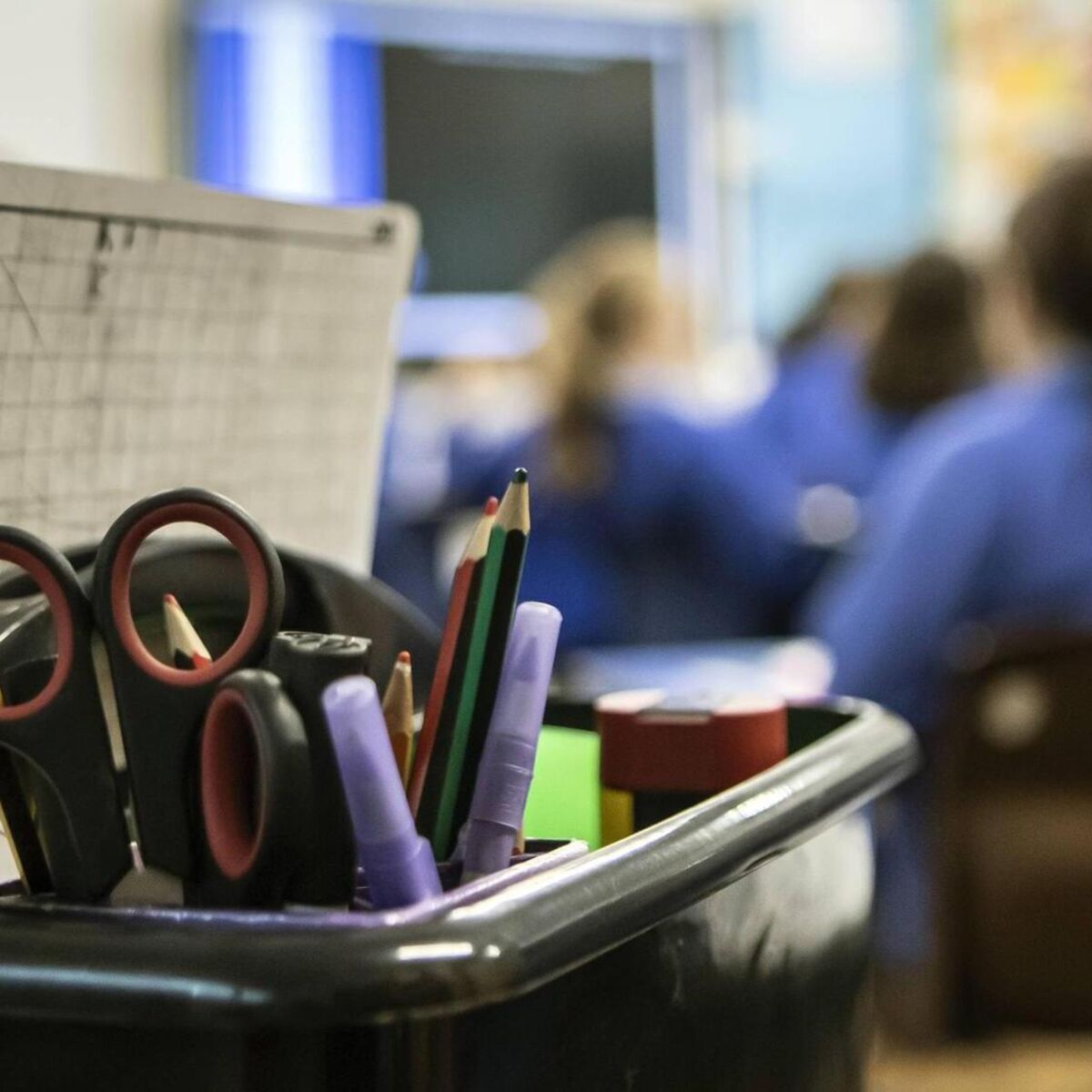By Irishexaminer.com,Liz Dunphy
Copyright irishexaminer

Important data and learnings from complaints are being lost in a system that can be biased, requiring families to lodge complaints with the school — rather than through an independent mechanism — before contacting the Children’s Ombudsman, Ms Murrihy said.
“Each September, our phone lines are busy with calls from families telling us about their children’s experiences,” Ms Murrihy told the committee.
We hear of reasonable accommodations not in place or denied. Families pressed, though rarely in writing, to move their child elsewhere. A five-year-old suspended four times in a month.
“A child told to stay home until they could follow the rules. A family told to make their home less secure so their child would want to go to school.
“For children, the impact is life changing. School for some can feel like survival, and impossibly far from ever accessing the curriculum and the right to a high-quality education.
“At times, anxiety grows so severe that parents make the only decision they can — to remove their child from school.”
Inclusion Ireland called on government to begin collecting and publishing disaggregated national data on the educational experiences of children with intellectual disabilities — including on suspensions and the use of restraint – to track progress and hold schools accountable. Ms Murrihy added:
If we are serious about inclusive education, we cannot continue with a system that protects itself over children.
Tiernan O’Neill, principal at Corpus Christi primary school in Moyross, Limerick, said that children with additional needs are still hugely disadvantaged in Ireland, despite apparent improvements to the system.
“In Moyross, only for philanthropically funded initiatives like The Sky Is The Limit Programme and HAPPEE initiative we would be unable to meet our students’ needs,” Mr O’Neill said.
“To achieve true inclusion, we need joined-up thinking. Education, health, Tusla, housing, justice, and rural and community development, to name but a few government departments, must work together more cohesively if we are to maximise life opportunities for the children in our care.
“Schools should not be left applying piecemeal for resources while children wait. Every school should have access to sustained, wrap-around support, not just those lucky enough to secure short-term funding.”
And placing a child with high levels of need into a mainstream class without appropriate supports is not inclusion, it is discrimination,” Mr O’Neill said.
“It sets children up for frustration and failure and places an impossible burden on teachers and families,” he said.
Barriers to inclusive education
Additionally, too many supports are still tied to a diagnosis, Mr O’Neill said, and this creates waiting lists and unnecessary labelling.
“Yet we know from evidence that trauma, developmental delays, and complex needs often overlap. If addressed early and intensively, many children can thrive without ever needing a diagnosis,” he said.
He also called for caution on over-medicalising children.
“ADHD, for example, is a real condition, but it has also become a buzzword. Trauma, poverty, and disrupted attachment often present in similar ways,” Mr O’Neill said.
Ciarán Cronin, principal of St James’s Primary School, a DEIS Band 1 school in Dublin 8, said that more SNAs are critical for children with additional needs.
But accessing enough staff is extremely difficult, he said, especially in an inflexible system that does not accommodate the chaos of life.
“While every year we try to plan in May and June for the coming year, the nature of DEIS schools can be very hard to plan for. It is not uncommon for children to arrive at the door of the school on the first day of school that we know nothing about.
Some of these children may have never been in school before, have no English or have had to move schools over the summer due to homelessness or because they live in IPAS accommodation.
But these last-minute, often very significant changes to numbers and requirements never result in extra staff at the last minute, he said.
The system for accessing children’s disability supports also fails to take account of families with literacy issues, families who are homeless and living in hotels and B&Bs and have nowhere to store their child’s paperwork, families who don’t have access to technology or change their phone numbers throughout the year.
“These families may wait two and three years on a waiting list to access supports for their child, and then due to the above reasons and others may miss their appointments.
“Unfortunately, after missing a number of appointments they will be discharged from the system and schools are then put under pressure to start the whole process with them again.
“It would be amazing for schools to be able to flag vulnerable families with these services so that they can be supported through these services and brought to appointments,” he said.



